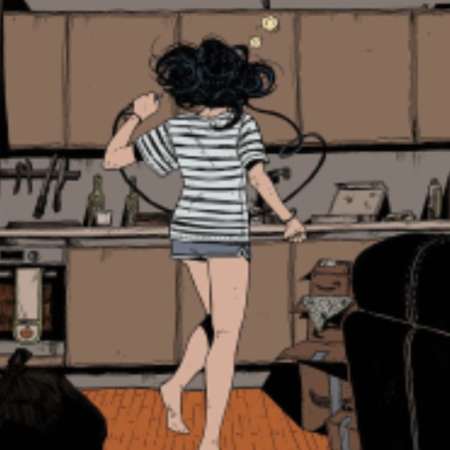


Autistic Women: Neurodiversity Celebration Week

“But, you don’t look autistic!”

Book Review: Flowers By Mistake (Natalie Blunt)

Book Review: Awesome Dawson Has Big Emotions (Julia Cook)

Book Review: Pilgrim (Ruth Chou Simons)

Book Review: What Jesus Intended (Todd D. Hunter)

Book Review: It’s Lonely at the Centre of the Earth (Zoe Thorogood)

On Changing Your Mind While Autistic

Because I’m Autistic: Life Through the New Lens of a Late Diagnosis

Book Review: What If I’m Not a Cat?

Achievements & Goals

Book Reviews: My Favourite Reads of 2022

Christmas Sale: What I Meant When I Said I’m Fine

You must be logged in to post a comment.